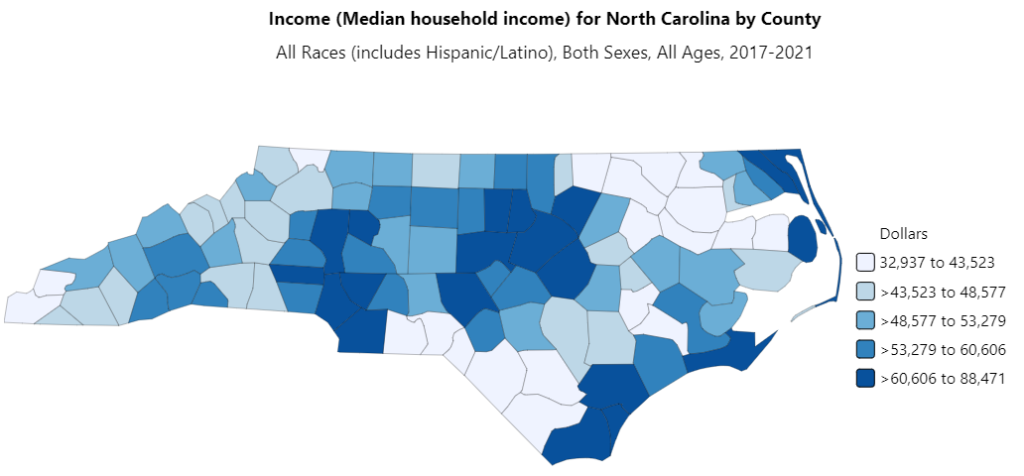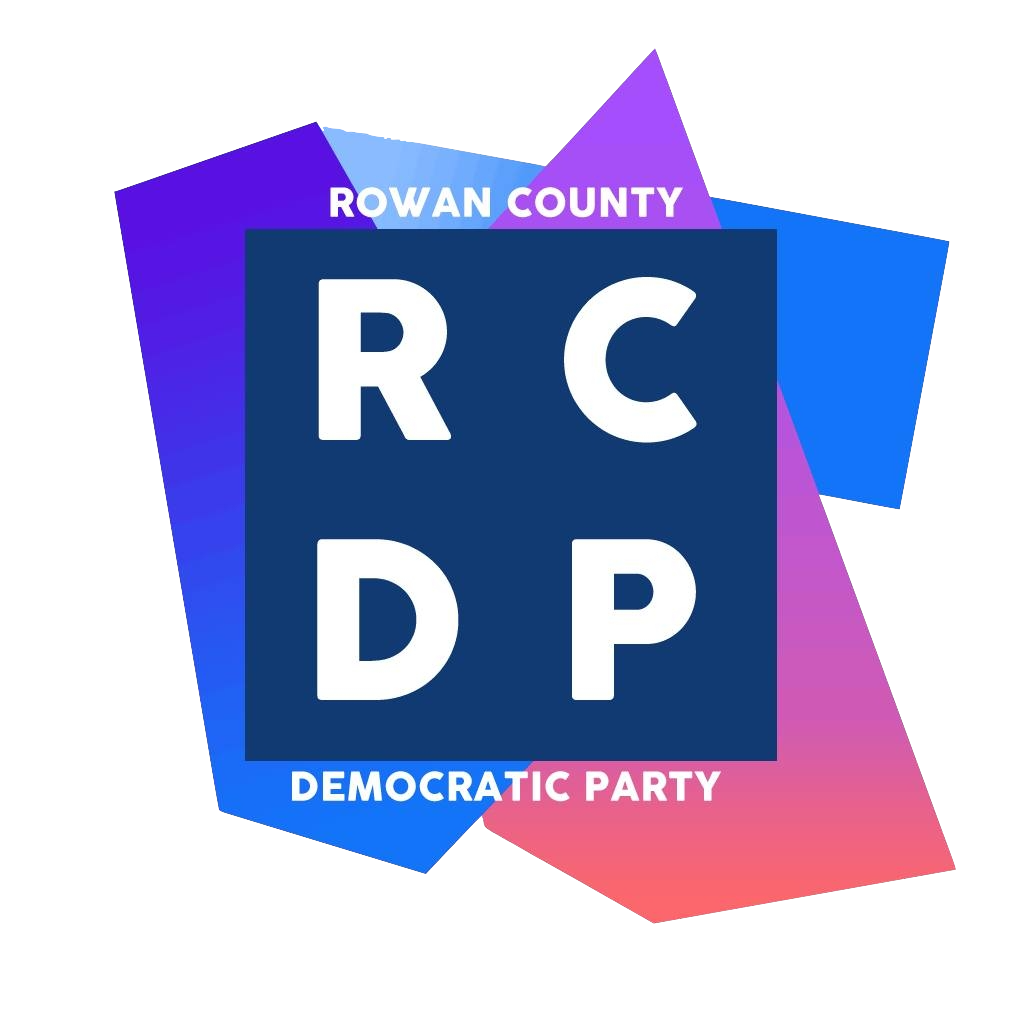“That’s $162.8 million going to subsidize private school tuition for wealthy families! Wonder what local school districts could do with these funds? …Is this a shift North Carolinians can support when it means shortchanging public schools in favor of a tuition subsidy for the wealthy?” Public Schools First
North Carolina taxpayers are about to spend over $43 million in the 2024-25 school year on private school tuition vouchers for families of four making more than $259,000/year and nearly $120 million more on families making between $115,000 – $259,000 per year (see list of incomes by family size). The NCGA’s leadership approved this expenditure last fall when they determined that all families regardless of family income would be eligible for the “new” universal school vouchers program.
At the same time, public schools across the state are planning for staffing cuts due to upcoming budget shortfalls. Reasons cited for the shortfalls vary, but include loss of federal COVID relief funding (ESSER) and stagnating state allotment formulas (e.g., New Hanover, Charlotte-Mecklenburg, Wake). In response, some school leaders are asking county commissioners to step in to fill gaps. Some local communities may have the financial resources to help, but too many across the state don’t have the tax base.
The Public School Forum’s Local School Finance Study highlights these disparities as low-wealth counties often tax themselves at relatively high rates but still fall well below wealthier counties in funds available to apply toward education.
Median household income by county reveals an even starker contrast. Residents in counties with the highest median income ($60,606 – $88,471) are barely within throwing distance of the $115,000 (family of four) required income level for Tier 3 vouchers and need to triple their income to achieve Tier 4 levels. Residents in the poorest counties ($32,937 – $42,523) need a six-fold increase to reach Tier 4 levels.

The application period for the 2024-25 school voucher program closed on March 1. More than half of the new applicants (55%) for 2024-25 vouchers through the Opportunity Scholarship program are in Tier 3 or 4 with annual incomes well above the income eligibility for 2023-24.
Tier 4 applicants, defined by annual incomes higher than $259,740, will receive $3,360 toward private school tuition. If all of the 12,960 applicants receive vouchers, that’s $43,545,600.
Tier 3 applicants earn between $115,440 and $259,740 per year (for a family of four). The 26,640 applicants will receive $4,480 each and cost the state another $119,347,200.
That’s $162.8 million going to subsidize private school tuition for wealthy families! Wonder what local school districts could do with these funds?
Applicants for 2024-25 signal a sharp turn away from the original intent of North Carolina’s voucher program, which was pitched as a way to provide educational opportunities for low-income families who were not being served in the public school system. Fewer than half of the new applicants (45%) have incomes in the first two tiers (incomes below $115K/year for a family of four). Tier 1 and Tier 2 applicants combined total of 32,400 also falls short of the total 32,511 voucher recipients in 2023-24. In addition, most of the new applicants have never attended a public school.
Is this a shift North Carolinians can support when it means shortchanging public schools in favor of a tuition subsidy for the wealthy? Most districts are still working to recover from the effects of the pandemic on student learning and behavioral health. Is welfare for the wealthy the best way to spend taxpayer dollars? Can our state budget afford a “new line item” that puts more pressure on other line items? Keep in mind that the corporate tax rate is been reduced from 6.9% to 2.5% scheduled to be cut again this year costing our state about $2 billion dollars in revenue.
NOTE: As the 2024 election cycle heats up, RCDP continues to bring you sources from across the web that seek to inform without explicitly endorsing them ourselves. RCDP does not endorse subscriptions or merchandise links that may be embedded within any shared articles, podcasts, videos, or images.

